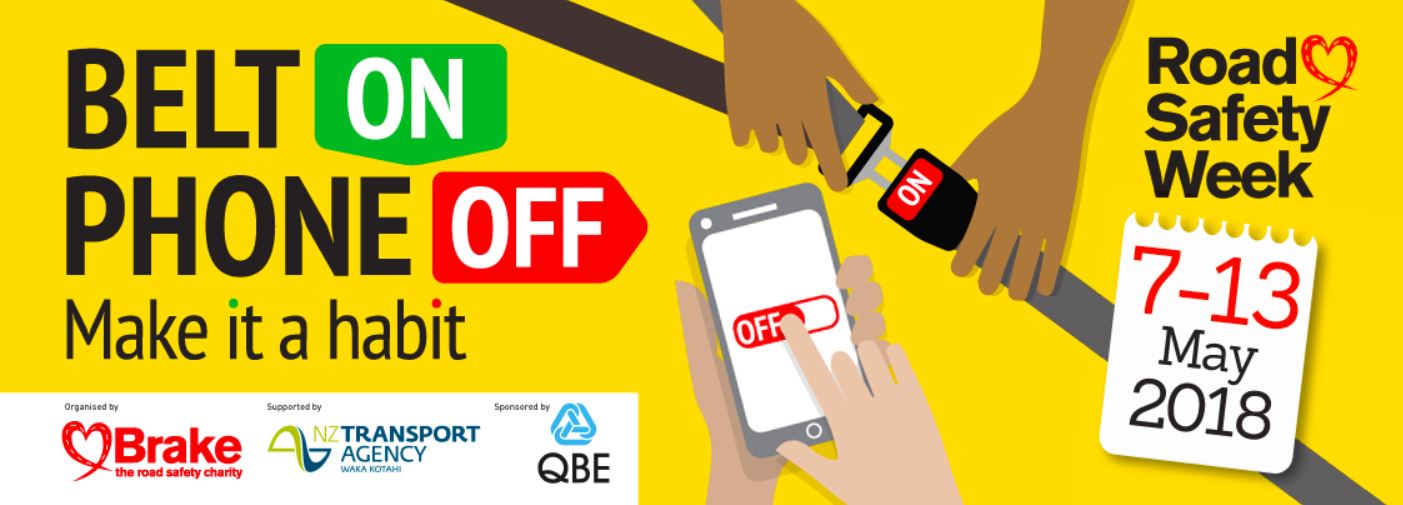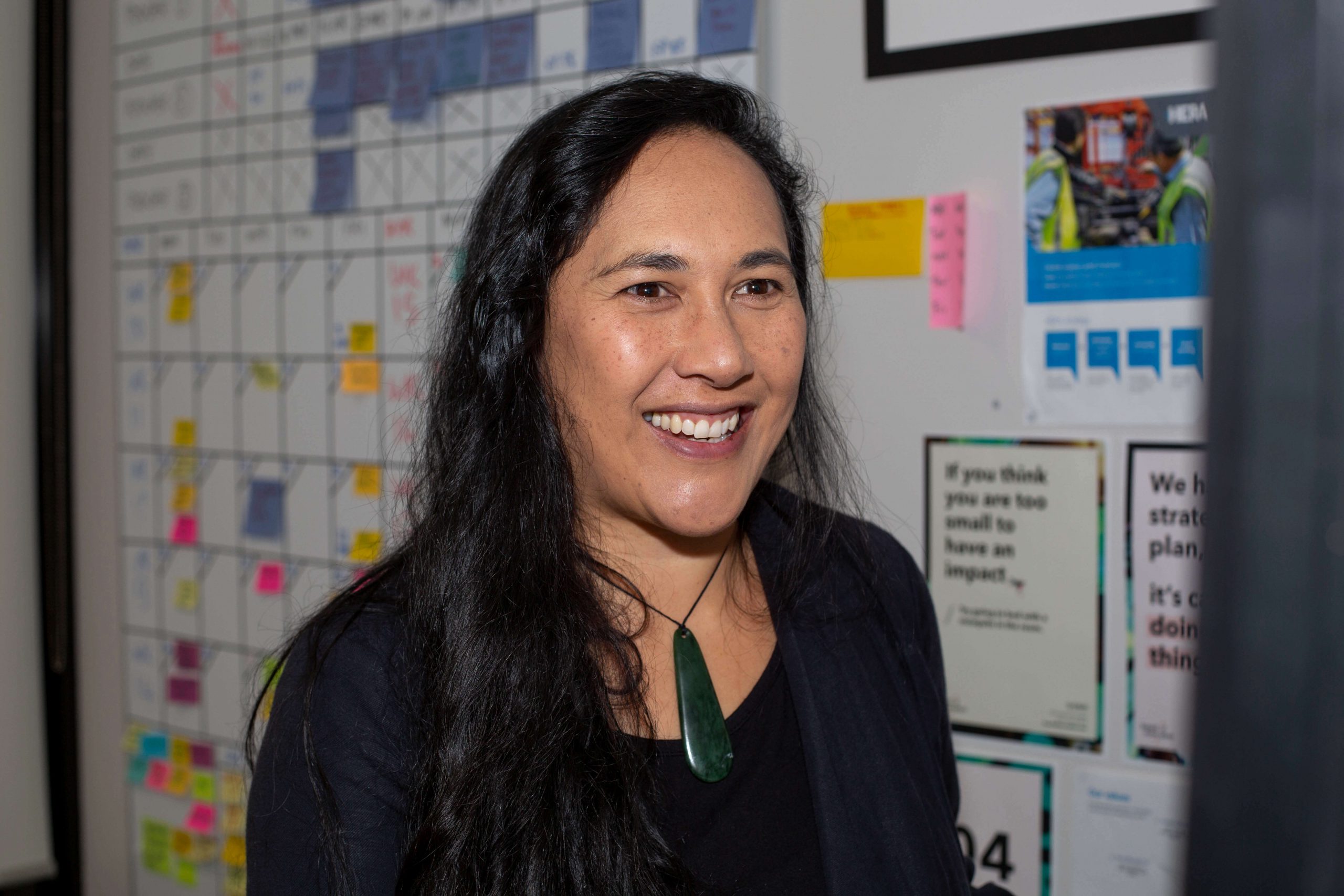Like many organisations, we want to ensure that our team gets home safely after their day’s work. Raising health and safety awareness is a fundamental step in ensuring that happens.
The heavy engineering metal-based sector is full of hazards in workshops that must be managed and controlled, but driving is an unsuspecting one that often flies under the radar – but affects all.
This 7-13 May the charity Brake is coordinating their annual Road Safety Week to take action for safer roads. The spotlight is shining on this year’s slogan ‘Belts on, phones off – make it a habit.’
Keep your mind on the task
The Ford Motor Company carried out a survey of drivers in New Zealand and Australia mid-way through last year to provide data to better understand distracted driver behaviour and attitude. Results found that those using mobile phones are four times more likely to be involved in a crash than drivers who aren’t.
Of the respondents who admitted to using their phone while driving – 28% was attributed to answering work calls or emails. But overwhelmingly the most popular reason was being stuck in a traffic light or at a stoplight. We are clearly creatures who can’t turn the distraction switch off.
Fundamentally this is a habit we need to stop. Sending a text message takes about 10 seconds – which on the road is equivalent to 280 meters when a car is going at 100 kmh. This is scary given that using a phone while driving slows reaction times particularly for braking and reaction to traffic signals. It also can makes it difficult to keep in the correct lane and follow at the right distances.
Why should you care?
Regardless of role, every one of your employees are placed in a position where they’ll have to drive to get to work, for work, or as a passenger. That’s why this week it’s important that the message of road safety is being driven home (pardon the pun).
As drivers we play a vital role in reducing devastating road casualties here in New Zealand. As of Monday this week (7 May), we’ve already racked up 384 accidents. That’s 43 more than the same time last year. The sad part being, 136 of those were fatal (NZTA Road death statistics).
As employers, we have a duty of care to protect our workers on roads and reduce the risk your staff face. But there are also positive flow on effects of doing so. It goes a long way in improving your reputation, staff morale and reducing road accident related cost.
Talking to your staff will no doubt show that at one point or another they’ve been affected by road crashes or casualties. With this in mind, it’s not hard to draw the conclusion that driving safely would be deeply imbedded in their minds and they’re already open to rallying around the idea of promoting and supporting you in road safely in your workplace.
But it’s up to us to ask these questions and draw these connections. It starts with conversation.
When driven unsafely, cars are like weapons
At HERA, we acknowledge that driving requires complete attention. You need to keep control of not only your vehicle, but also what is going on around you. It’s something we strongly believe in having lost one of our industry greats Nick Calavrias in January 2017 from a cycling road incident.
Recently, our CEO Troy Coyle began the task of reviewing our policies. Last month safe driving popped up in our inboxes for attention. Its clear objective stating “To ensure that staff who drive company vehicles or other (e.g. personal or hire) used for work purposes demonstrate safe, efficient driving skills and other good road safety habits at all times.” It also outlined both the responsibilities of the employee and employer. Two points that stood out to me and gave me confidence that our organisation is on top of our approach, and in alignment with this years #roadsafetyweek focus was:
- Wear a seat belt at all times, and
- Not use a mobile phone while driving, including via hands-free if the driver is distracted by this.
Our next step is making sure these responsibilities are values that our drivers live by.

Moving forward, we challenge our members to actively promote road safety and ingrain it into your social responsibility work. Over the long term it’ll establish yourself as a ‘heart’ company that cares about your staff, customers and communities. This is something that is hard earned, but hugely valuable.
Give your staff the confidence that it’s ok to switch off their phones or activate the ‘do not disturb while driving’ feature to filter out the distraction of work calls and email notification alerts while driving.
Talk about road safety in your morning meetings.
Advocate for seat belts on… or for those who may remember – making it click.
Make it clear that driving safely is a mandate you strongly call for.

